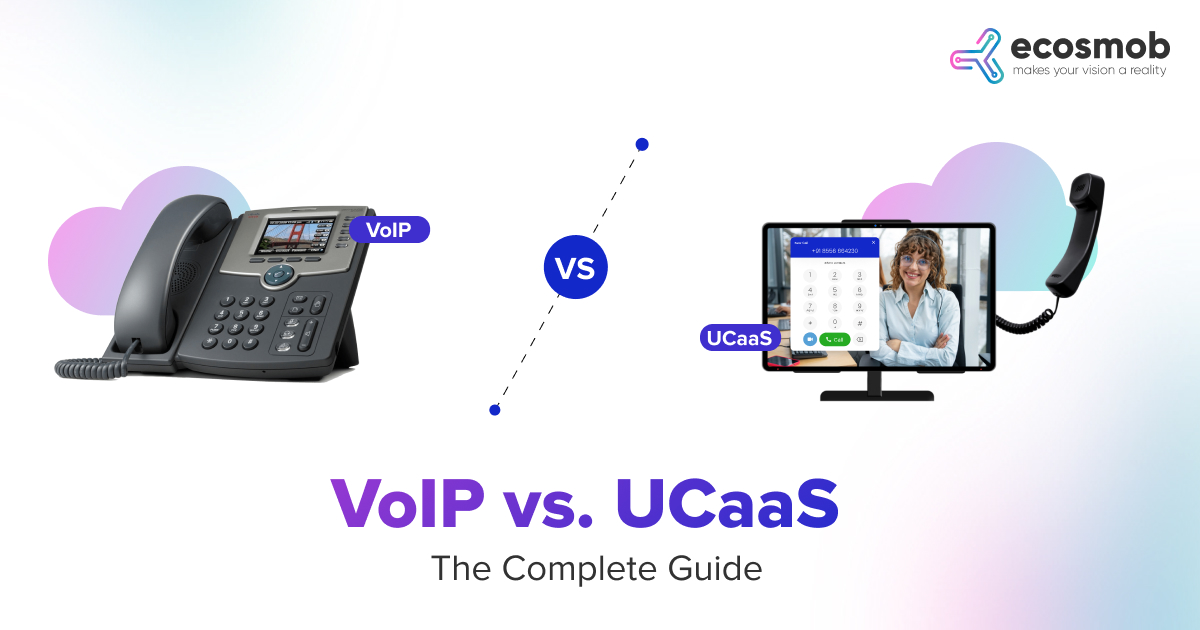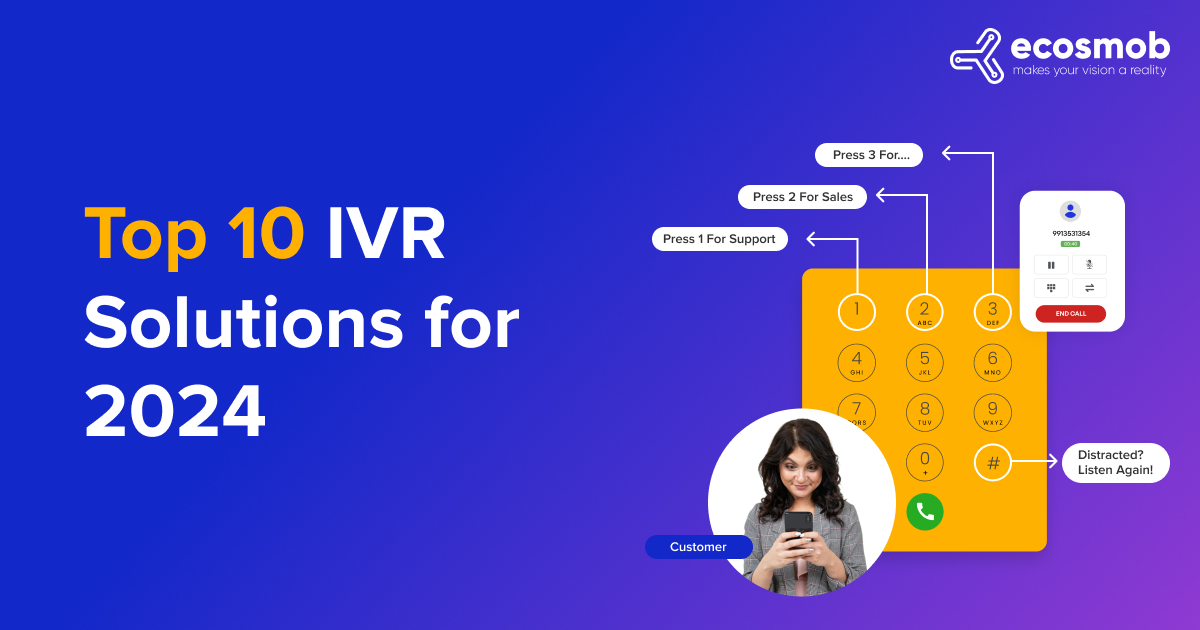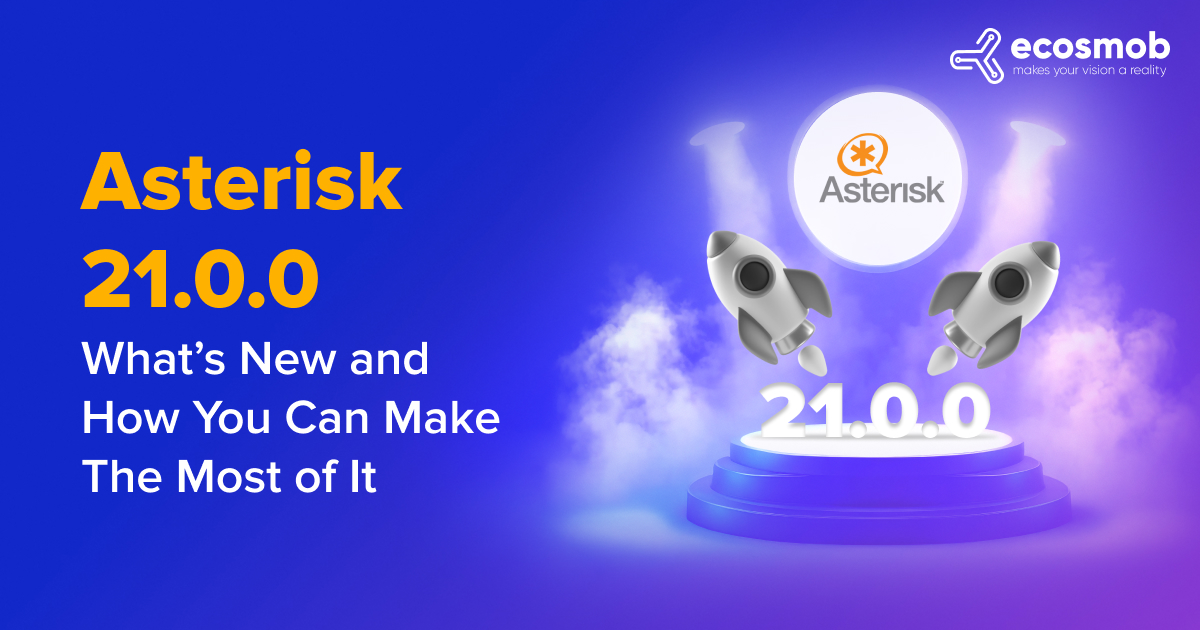In the world of digitalization, no matter how perfectly you have designed your products and services, it is useless without its users. Though the quality of products or services matters a lot at the same time, choosing the right platform is equally important to reach the potential customers of your products and services. Therefore, it is essential for businesses including startups to have a mobile application that runs on multiple platforms.
Key Facts Related to Mobile App Usage
As mobile app usage has increased in recent years, so as the sales have increased using mobile devices.
– About 70% of total sales are coming from mobile devices and 57% of purchases come from repeat customers.
– By 2022, the annual mobile app downloads are projected to reach 258 billion.
– Customer spending in app stores will pass the $156.5 billion mark by 2022.
All these eye-opening facts suggest businesses invest in mobile app development. Now the question is what framework to use to develop an advanced mobile app? Well, you can find a number of frameworks available these days in the market that you may get confused about which one to choose. One of the best frameworks that businesses can adopt is Flutter.
What is Flutter?
Flutter is an advanced open-source mobile Software Development Kit (SDK) that is used by developers to build Android and iOS based mobile apps with a single codebase. It is a Google-supported UI toolkit that allows mobile app development companies to develop an expressive, scalable, and flexible app that offers a native end-user experience in comparatively a short time. This open-source kit is based on Dart language and works incredibly for developing enterprise-grade cross-platform apps.
Why Startups Must Consider Flutter for Developing Mobile Apps?
Some of the key reasons why startups must consider Flutter for developing mobile apps include:
It is a cost-effective solution: The biggest reason or we can say the benefit of Flutter app development is that it saves a lot of development costs for startups. The ‘Hot Reload’ feature of Flutter allows developers to make instant changes in the backend of app development. The feature also lets developers see the effects of changes in code instantly. This further eliminates the need for recompilation, thus results in reduced mobile app development costs for startups.
It saves time: When compared to the native app development, Flutter app development is faster for Android and iOS platforms. This is due to the reason that Flutter mobile app development companies can reuse the app codes instead of writing them again from scratch. This way it saves a lot of time and effort of developers in writing codes for various apps. Moreover, for testing the features, functions, and programs of all cross-platform apps, a single deep QA is available in Flutter that reduces app testing time to a great extent.
It provides superior experience: The Flutter platform offers an exceptional mechanism to ensure a superior customer experience. Flutter has a partnership with iOS’s Cupertino Widgets and Android’s Material Design to deliver a native-like mobile app experience. Additionally, Flutter has wide-ranging cross-platform tools to choose from that are extensively utilized for enterprise-grade, user-friendly apps. With the help of Flutter, startups can come up with appealing apps comprising advanced UX and excellent UI.
It supports Google’s firebase: Flutter also supports Google’s firebase, which further allows startups to create highly scalable, redundant, and server-less infrastructure for their apps. By combining the firebase with various other tools, the Flutter apps development process can be automated with ease. This way it assists developers in eliminating the need for building tools for backend support. While leveraging key services like real-time databases, cloud storage, hosting, and other cloud-related functions, the integration of Flutter with Firebase lets app developers make the most of this platform.
It is appropriate for MVP development: Business owners who are short of budget and want to enter into the mobile app domain, Flutter assists them to come up with an MVP (Minimum Viable Product) without any hassle while managing limited resources and budget. Flutter comprises an assorted range of UI-Native widgets and advanced libraries to build an MVP in line with the business model of startups. This way, startups are able to introduce advanced mobile apps with ease.
Conclusion:
To conclude, in a very short span of time, Flutter has managed to gain a lot of popularity and has made its place ahead of many powerful and leading technologies. It would be correct to say that this technology has a bright future in the mobile app development sector. Startups that are looking forward to adopting this technology can also hire a Flutter app developer for building the most appropriate cross-platform apps.










